|
My last few blogs were about how to put together a manuscript. In this blog, I’m sharing what I learned through my MFA program and my personal experiences about how to find an agent. Once again, I will break down this part of the publishing process in a list. 1. Look through the acknowledgements page in books in your genre and find the agent that represented that author. The agents you find using this method, will be more likely to accept your manuscript because they have represented and been able to find publishing houses for books that are very similar to yours. They will already know how to market your book. Take all the books you have read in your genre that are good Comp Titles to your manuscript and make a list of the agents acknowledged in those books. Google them to find out their submission requirements and contact information. 2. Look online. There are many websites that list literary agents. They will tell you the name of the agent, their agency, and their genres, etc. Use this information to narrow down a few who fit your needs. Once you’ve short listed a few agents, thoroughly research their query and manuscript submission requirements. I mentioned this in my previous blog, but if you don’t follow their submission instructions, you will most likely get ignored. Here are some websites with literary agent databases: 3. Writer's Market. This is a great non-digital resource you can find in libraries or Amazon. The second half of the book lists hundreds of literary agents for you to choose from. 4.Writers’ Conferences. As the publishing industry continues to evolve in the internet age, the ways of finding an agent have also changed drastically. The last writer’s conference I went to was The Atlanta Writers Conference. All the agents I met there said they found writers to represent at conferences. A couple of agents said they now almost exclusively represent writers they meet in person at a conference. Writers conferences can be an expensive way to meet an agent. Also, they are usually held in big cities so they can be difficult for writers to commute to. The good news is that there are scholarships and grants available for writers to attend these conferences. Although most agents still accept queries through emails, this is a new trend that writers need to prepare for.
5. Social media. Many agents are active on social media now, especially Twitter. Don’t solicit them on Twitter directly or slide into their DMs. That’s rude and creepy. Try starting genuine conversations with them in a way that they can know who you are. You can turn this social media relationship into a real one if you leverage it correctly. 6. Connections. Of course, as with most opportunities in life, the best way to find an agent is by leveraging your connections. If you know published authors, ask them about their agents. If you don’t know any published authors, go to more writing clubs/events/conferences so you can get to know some. I hope you found this information useful. As always, thank you to all of you who have taken the time to read my blogs and shared your advice and experiences with me. I’m in this writer’s journey with you and I hope to continue learning from you all. You can also sign up for my newsletter at the bottom of the page for updates on my writing. Stay tuned for next Wednesday’s blog. Until then… Happy Writing! :) Find me on social media. Links at the bottom of the page 👇🏽
0 Comments
Whether you are writing a novel, memoir, or biography, when submitting your manuscript, you must include a one page synopsis of the book.
I submitted a manuscript with a synopsis in March for the first time. Similar to query letters, I am not the most experienced at this. I had the opportunity to show my synopsis to a professional editor who helped me clean it up. However, I’m still working on building my confidence with this process and continuing to learn more about it. Here are the basic things I learned during the synopsis writing process:
This is the basic format I stick to in my synopsis. As I said earlier, I’m still working on developing this skill. If you have any advice, suggestions, or personal experience about this part of the publishing process, please share with me in the comments! You can also contact me through the website for a one-on-one conversation. I used several resources from the internet to help figure out this process. One useful resource I found was “How to Create a Synopsis for Comics.” Even though it’s meant for writing comics, it can be applied to any book. It does a good job of breaking down the process and also has a free downloadable synopsis template at the end! I hope you found this information useful. As always, thank you to all of you who have taken the time to read my blogs and shared your advice and experiences with me. I’m in this writer’s journey with you and I hope to continue learning from you all. You can sign up for my newsletter at the bottom of the page for updates on my writing. Next Wednesday’s blog will be about how to find an agent. Until then… Happy Writing! :) Find me on social media. Links at the bottom of the page 👇🏽 Hi everyone!
As I finish up the editing and revision part of my process, I have had the opportunity to write a query letter for my memoir and get it critiqued by my professors, professional agents and editors. After going through so many critiques, my query letter has reached a decent place and has been submitted to one agent so far. Unfortunately, I am still not the most confident in this arena and am nervously awaiting the response. I have learned a lot of things about writing strong query letters and I am sharing those with you all in this blog:
I hope you found this list useful. As I said, I’m still in the learning phase when it comes to query letters so please share with me any words of advice or suggestions to add to this list. If you have any advice or personal experiences to share about the information in this blog, please comment below or contact me personally through the contact form on “contact” page. As always, thank you to all of you who have taken the time to read my blogs and shared your advice and experiences with me. I’m in this writer’s journey like all of you and I hope to continue learning from you all. You can also sign up for my newsletter on the bottom of the page for updates on my writing. Next Wednesday’s blog will be about my process of learning how to write a synopsis. Until then… Happy Writing! :) Find me on social media. Links at the bottom of the page 👇🏽 Hello everyone!
This week, I’m sharing everything I have learned from experience and research about the important things to pay attention to when submitting a manuscript.
I hope you found the information in this blog helpful. In my next few blogs, I will continue to explore each of these topics and break them down further with more resources and experiences I’ve had. As always, thank you to all of you who have taken the time to read my blogs and shared your advice and experiences with me. I’m in this writer’s journey like all of you and I hope to continue learning from you all as well. If you have any advice or personal experiences to share about the information in this blog, please comment below or contact me personally through the contact form on “contact” page. You can also sign up for my newsletter on the bottom of the page for updates on my writing. Next Wednesday’s blog will be about my (scary) process of learning how to write a query letter. Until then… Happy Writing! :) Find me on social media. Links at the bottom of the page 👇🏽 As I am working through the editing/revision process of my memoir, I'm learning new ways of improving my process from my personal experience, feedback from my critique group, and suggestions from professional editors. Although I am still figuring out my process as I go, here are some tips that have helped me:
As always, I am humbled and encouraged by all of you who take time to read my blogs and share your advice/experiences with me. You all keep me motivated!
Please continue to share your advice/experiences regarding the revision/editing process with me in the comments. Next Wednesday’s blog will be about the process of submitting a manuscript. Until then… Happy Writing! :) Find me on social media. Links at the bottom of the page 👇🏽 Writing is the fun part for me because I get to be creative and make something new. However, editing is just as important if not more important in my writing process. In this video, I want to share with you the importance of this process and how I have structured my own editing/revision process over time. Thank you for watching and I hope you found this blog useful! Again, thank you to all of you who have been reading/watching my blogs and sharing your advice and experiences with me. You all keep me motivated to keep posting. Please share your thoughts on this blog with me in the comments below and feel free to share it with other writers who might find it useful. In my next blog, I will give you all some editing and revising tips that I have learned from my critique groups, professors, and professional editors. Until then... Happy Writing! :) Find me on social media. Links at the bottom of the page 👇🏽 Art by Loso F. Perez of Prime Vice Studios Creative Consulting by Dan “DTM” Flores Edited in iMovie Memoirs are personal. As a memoir writer, you give readers a glimpse into your private life in the book. Although it is about you, it has to be built around universal themes that others can relate to. The things we experience in life might be unique to us, but our emotions and reactions to those experiences are often universal. When writing a memoir, you have to be aware of the universal themes you are building your story around.
My memoir is a collection of essays that aren’t in chronological order. The way my memoir is structured, it is even more important for me to have strong universal themes tying all of the essays together. The big question is, how do you sift through your entire eventful life to find (a) common universal theme(s) for your memoir that will engross your readers?
These are a few strategies that have helped me become clearer over time about what the universal themes in my memoir are and how to make sure they are consistent through all parts of the book. I hope you found this useful! Thank you to those of you who have been taking the time to share your experiences and advice with me on these blogs and on social media. You all keep me motivated to keep writing. Please share your experiences with me in the comments below on how you were able to find (a) strong universal theme(s) for your memoir because I am always looking to improve my writing process! Next week’s blog is about the editing/revising part of my writing process. Until then… Happy Writing! :) Find me on social media. Links at the bottom of the page 👇🏽 Although our reasons might be different, we all experience the infamous writer’s block at some point in our writing process. Personally, I have experienced writer’s block for two reasons so far. One, fear, which I talk about in my blog “Dealing with Fear” and, two, losing my strong consistent voice. Several of my fellow writers have discussed this topic with me and have similar reasons as to why they experienced writer’s block.
I want to share with you some strategies that helped me overcome writer’s block.
These are some of the ways that I have been able to overcome writer’s block in the past. As I continue with my memoir writing process, I’m sure I will experience writer’s block again for different reasons. This is something that we all have to constantly work on as writers. So, please share with me your experiences with writer’s block and how you have dealt with it in the past. I want to thank those of you who have been reading my blogs and engaging with them. I truly appreciate your feedback, advice, and shared experiences. You all motivate me to keep writing! Next week’s blog will be about how to find a strong universal theme for your memoir. Until then… Happy Writing! :) Find me on social media. Links at the bottom of the page 👇🏽 In this blog, I discuss how I have learned to be bold when it comes to my memoir writing and my brand. I hope you all found this video useful. I want to thank all of you who have been engaging with my blogs and sharing your experiences with me. You all keep me motivated to keep writing! Please leave comments below with your experiences and how you gained confidence in your writing and learned to be bold. Also, feel free to share this with other writers who you think will find it helpful. My next blog will be about the infamous writer's block. Until then... Happy Writing! :) Find me on social media. Links at the bottom of the page 👇🏽 In my last blog, “The Importance of Critique Groups,” I discussed the importance of critique groups and how much they have helped me. If you haven’t had a chance to read it yet, scroll down and take a look!
Critique groups are important but they can be a waste of time or damaging to your self-esteem/writing if the people in the group don’t know how to provide critique and you don’t know how to receive critique. Here are some skills I had to learn over the years about giving and receiving critique.
These are skills I developed over the years after a lot of practice and they have made me a better critique group member and a better writer/editor. I hope you found this information helpful. Please share your critique group experiences (good and bad) and wisdom with me in the comments. I am always open to learning more critiquing skills! Also, please share resources where others reading this blog can find good critique groups. If you live in the Atlanta area, the Atlanta Writers Club has hundreds of critique groups based on genre all around metro-Atlanta so check them out here. Thank you to all of you who continue to read my blogs every Wednesday and share your wisdom and experiences with me in the comments. I’m glad you find these useful! Next Wednesday’s blog will be about how to be bold in your memoir writing. Until then… Happy Writing! :) Find me on social media. Links at the bottom of the page 👇🏽 |
AuthorThese blogs explore my writing process and highlight my favorite writers and books. Archives
June 2022
Categories
All
|

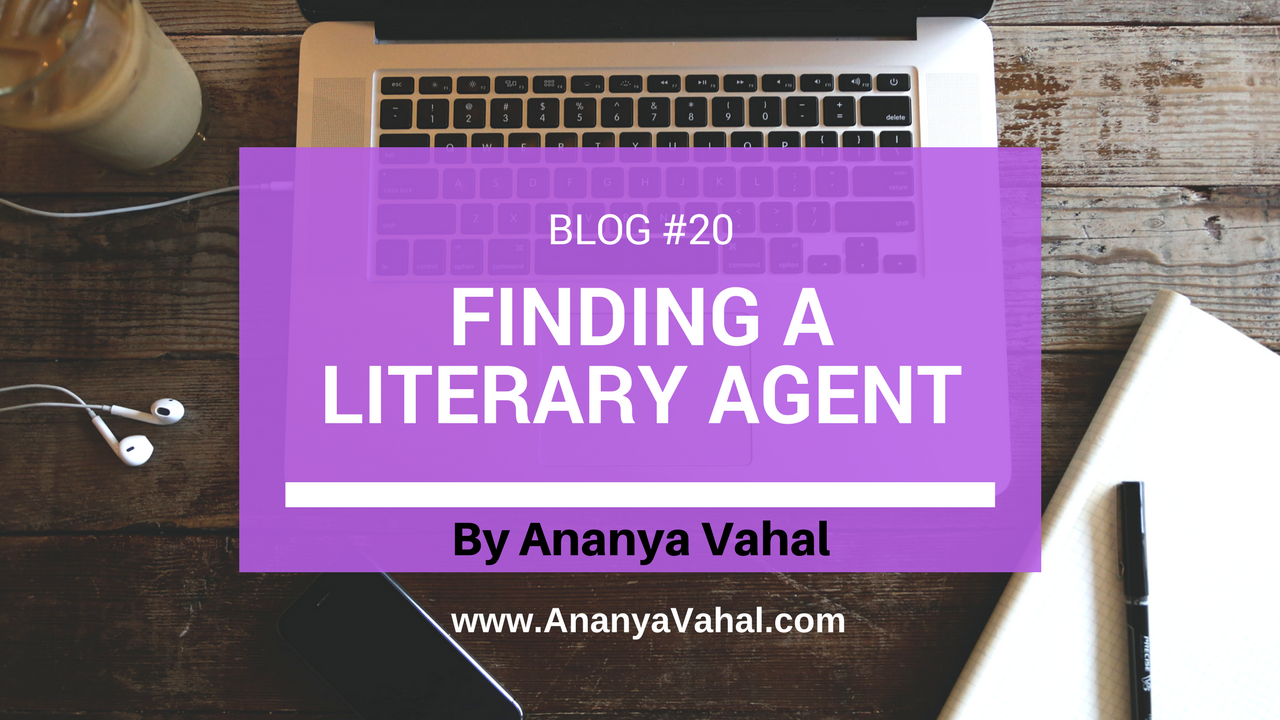
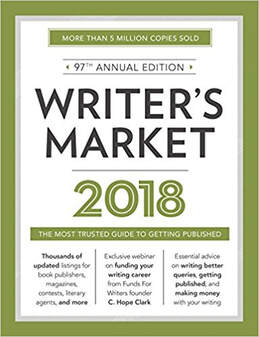
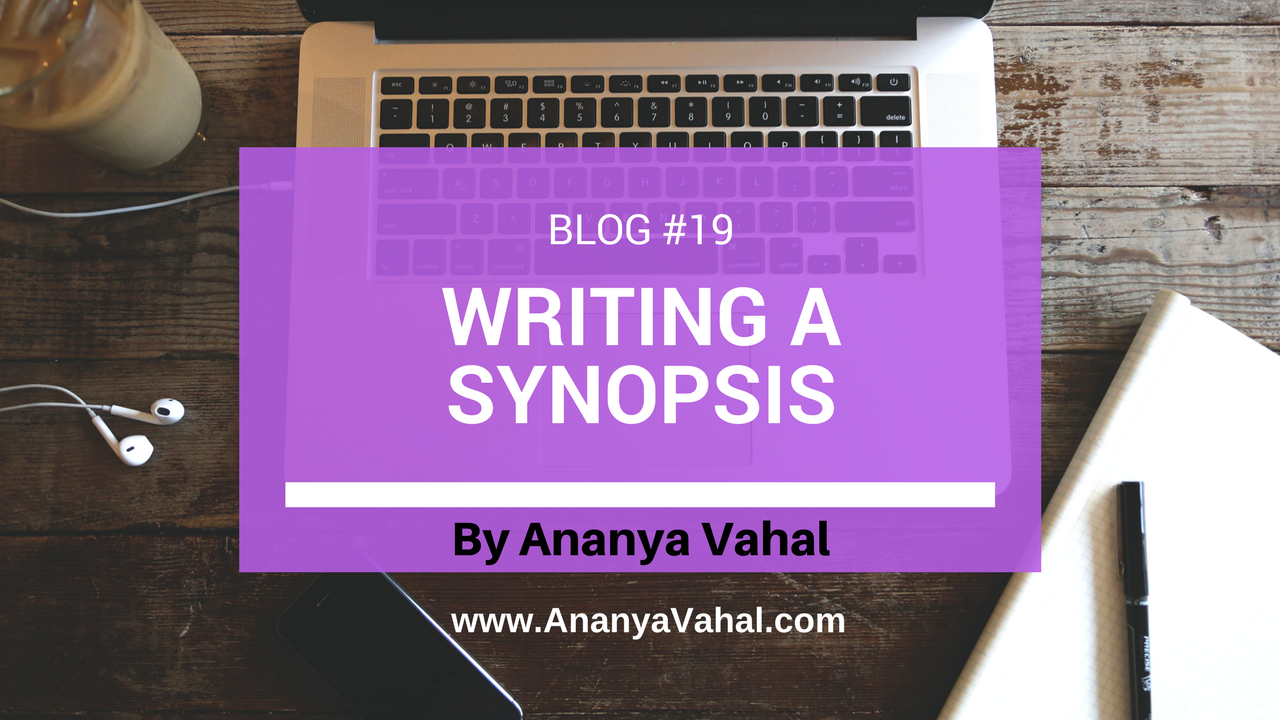

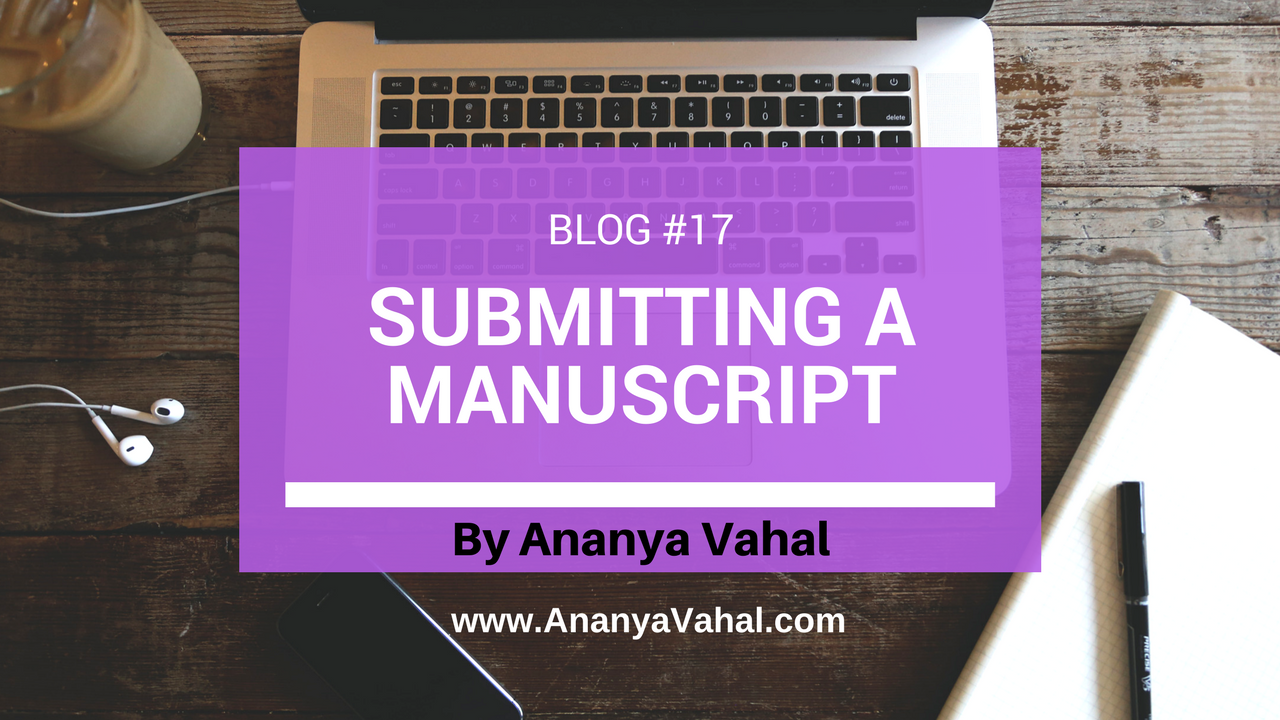
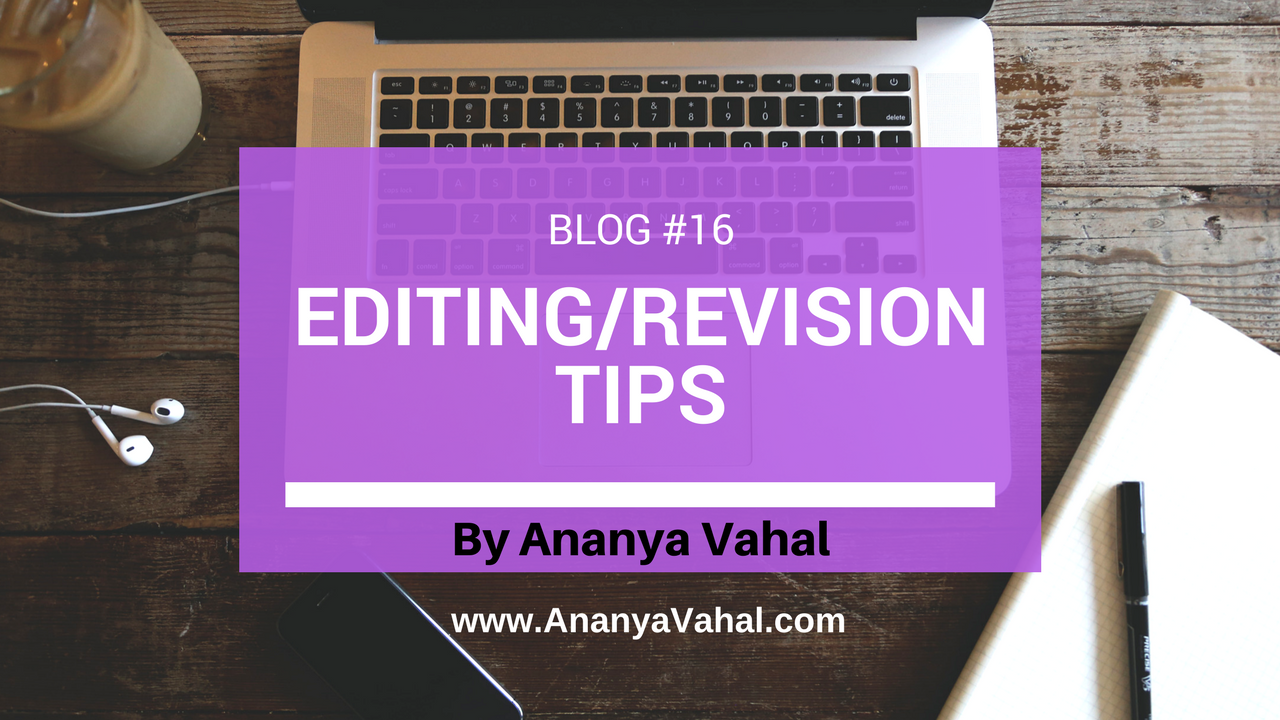
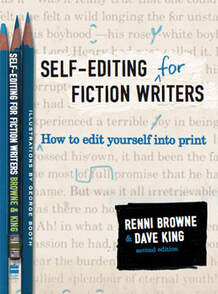

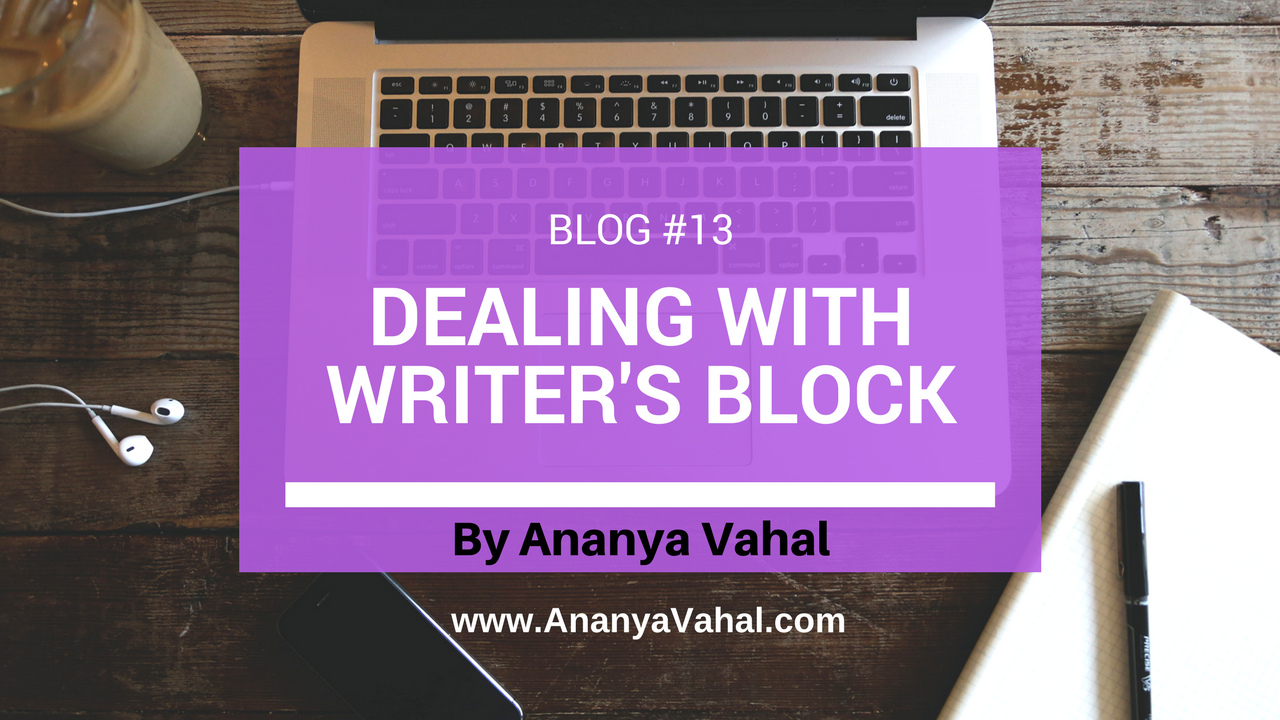
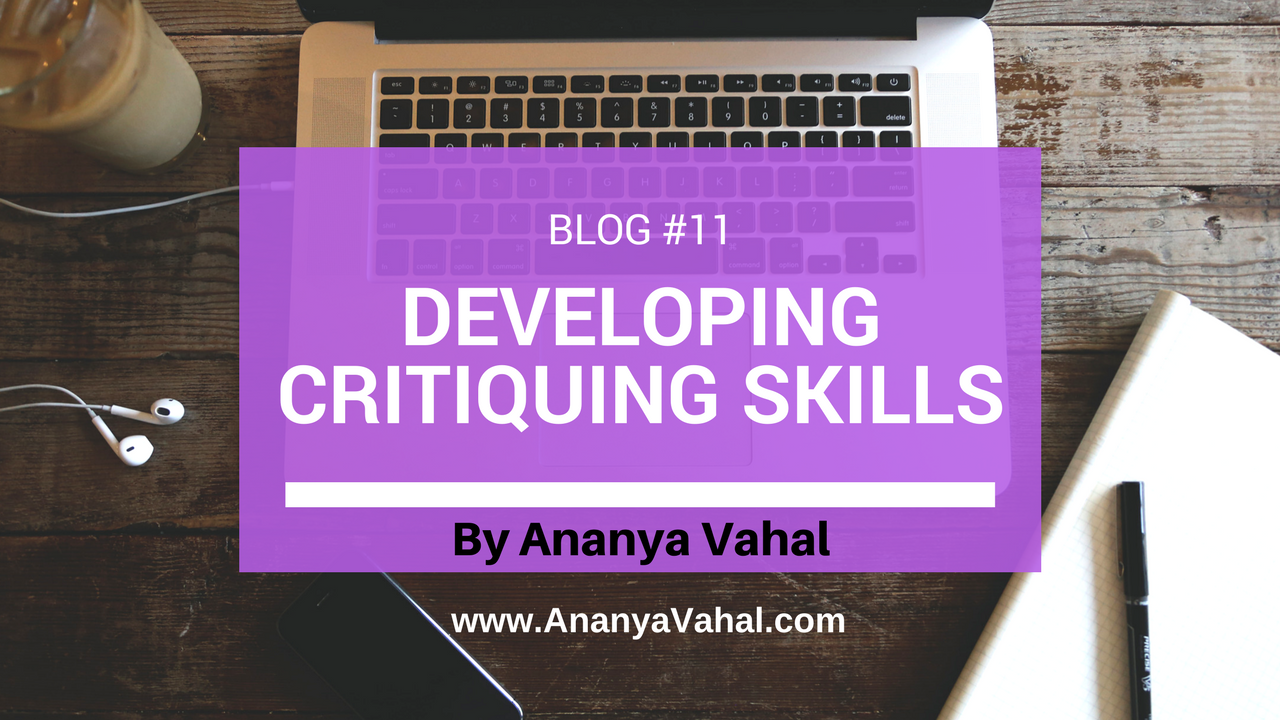
 RSS Feed
RSS Feed
















